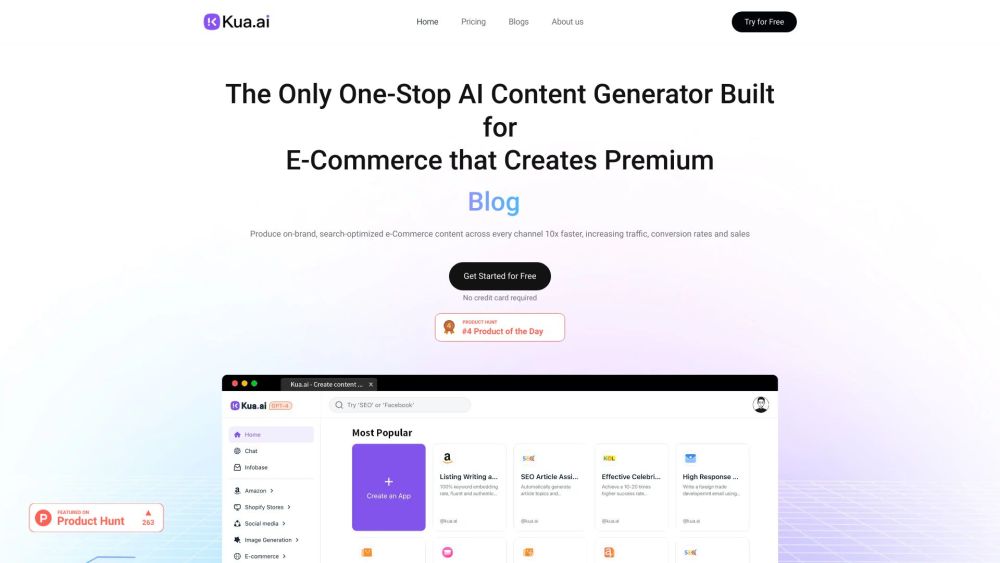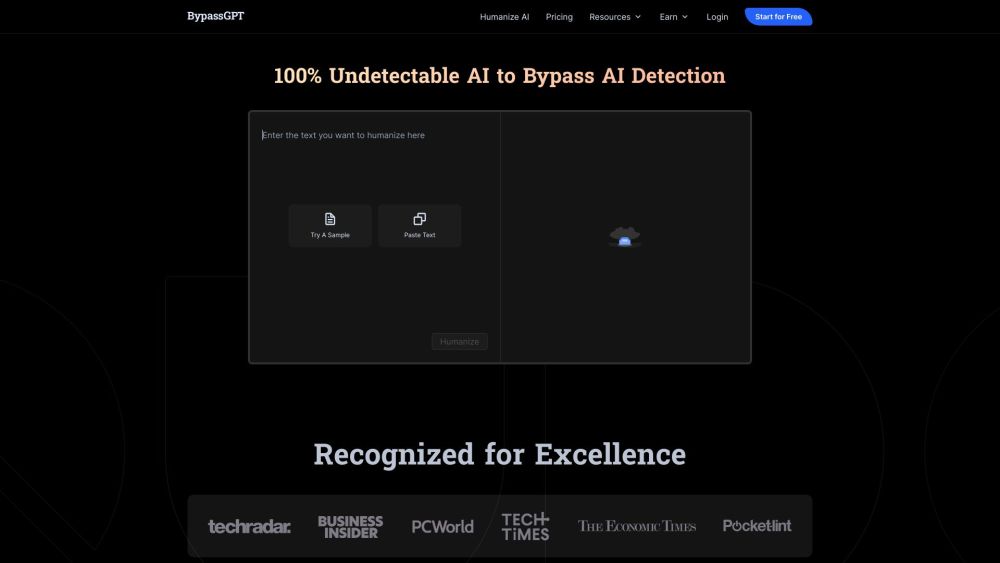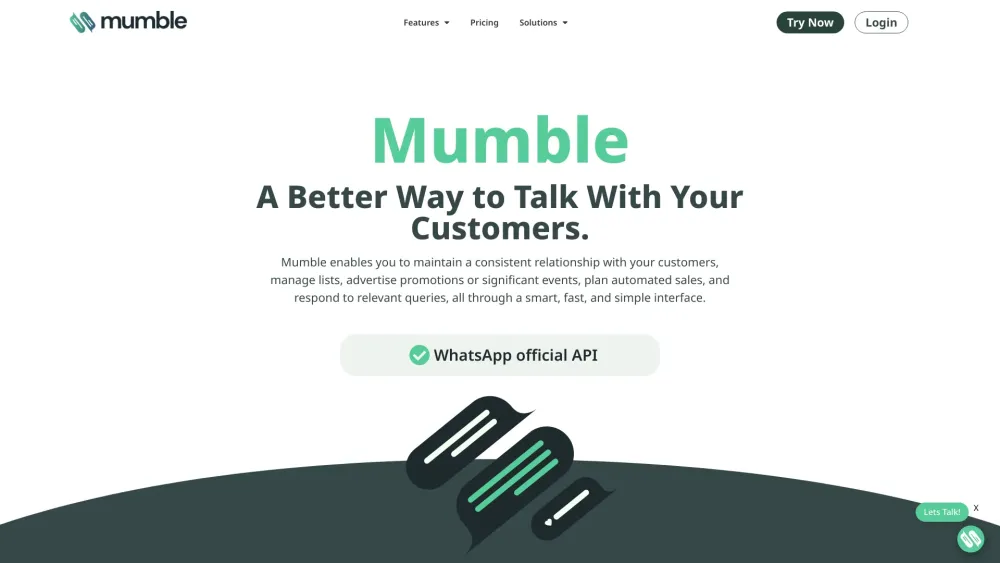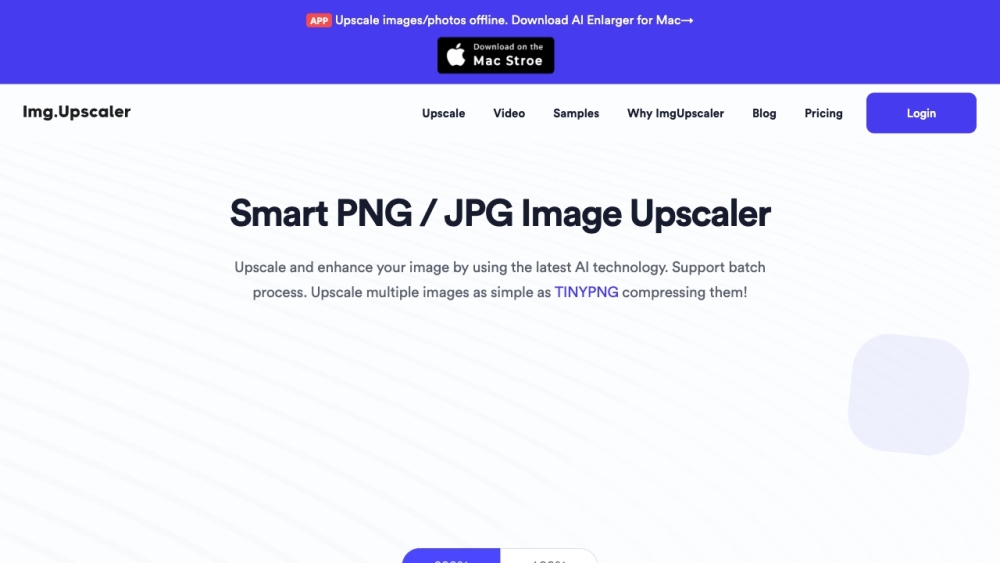Becoming a Data-Driven Organization: The KNIME Success Story
Transforming into a data-driven organization is a challenge many aspire to, yet very few achieve successfully. Even companies equipped with data analytics teams often find it difficult to leverage their data effectively. A recent Gartner survey reveals that less than half of data and analytics leaders believe their teams are delivering real value to their organizations.
This dilemma resonated with German computer scientist Michael Berthold during his tenure as a professor at the University of Konstanz. In consulting with various businesses keen on adopting data analytics, he frequently encountered a common request: a robust platform to process and analyze their data. This inspired Berthold and his colleagues to create such a solution.
“Our primary objective was to develop a modular, highly scalable, and open data processing platform that facilitated easy integration of various components for data loading, processing, transformation, analysis, and visualization,” Berthold explained. “We aimed to create professional-grade software that also serves as a versatile integration platform for numerous data analysis initiatives.”
Thus, the open-source platform KNIME was born, which evolved into a venture-capital-backed startup under the same name, with Berthold teaming up with co-founders Bernd Wiswedel and Thomas Gabriel.
Today, KNIME boasts 400 clients who pay for the fully managed version of its platform, including notable brands like Audi, AMD, Lilly, Novartis, Bayer, Sanofi, Genentech, the FDA, P&G, and Mercedes-Benz. Since its founding in 2008, KNIME has experienced annual recurring revenue growth of 30-40%, now reaching approximately €30 million ($32.35 million).
How KNIME Empowers Data Analysis
KNIME’s software is designed around visual, no-code workflows that seamlessly integrate with an organization’s existing systems. It allows users to build pipelines for data transformation, create reports and visualizations, or compare data sets regardless of their locations.
Through KNIME’s business hub, organizations can automate and deploy data workflows while incorporating governance and security features. This hub also enables teams to share and modify workflows collaboratively or install those developed by the broader KNIME community.
KNIME's services come at a premium, with annual licenses starting at $39,900 for the business hub. However, customers continue to invest, attracting significant attention from investors. Recently, KNIME announced a $30 million investment from Invus, bringing its total funding to $50 million. This capital will be utilized for product development, growing the team from 250 to 275 by year-end, and boosting customer acquisition across the U.S., Europe, the Middle East, and Africa.
When asked about competing against analytics giants like Dataiku, Alteryx, IBM, and SAS, Berthold highlighted KNIME’s newly launched AI assistant, which aids users in initiating projects or enhancing existing ones with advanced functionalities. Furthermore, KNIME anticipates expanding its software-as-a-service offerings, particularly targeting small and medium-sized businesses with flexible pay-as-you-go models.
“KNIME was nearing profitability in 2024; however, with the fresh investment, we have opted to reinvest for future growth,” Berthold stated. “While we have observed a slowdown in tech, leading to extended sales cycles and tougher negotiations, the demand for open-source analytics platforms remains robust, positioning KNIME favorably for the future.”




